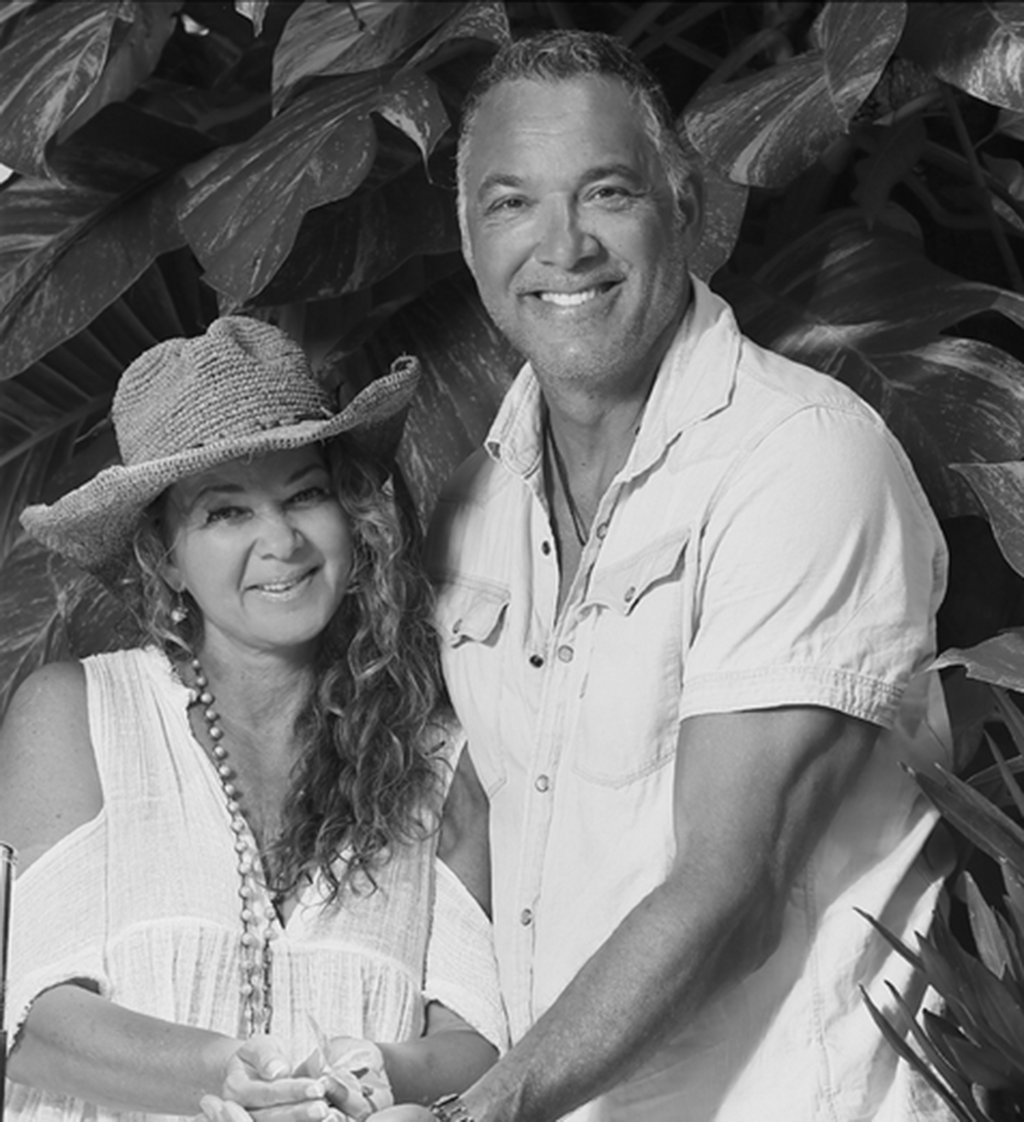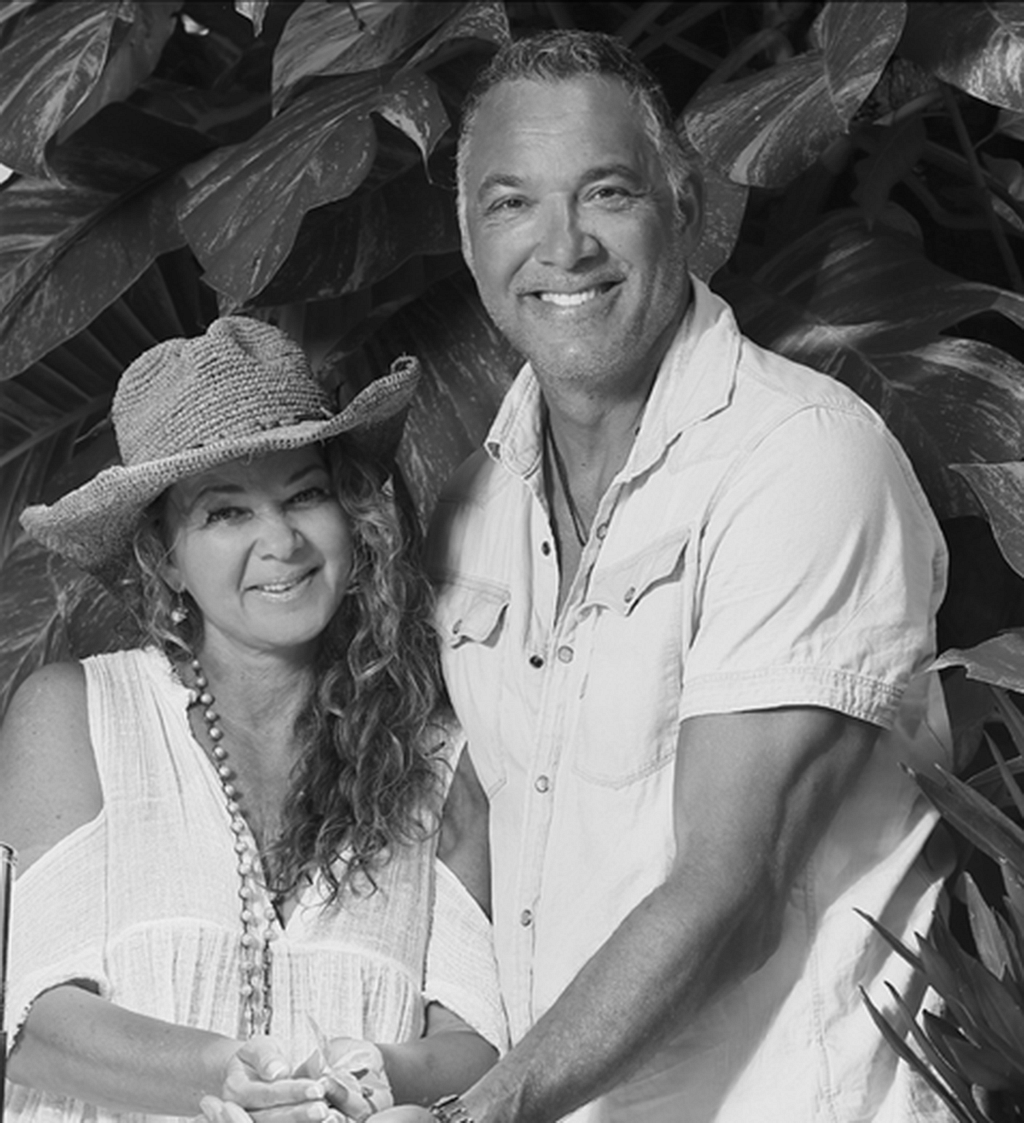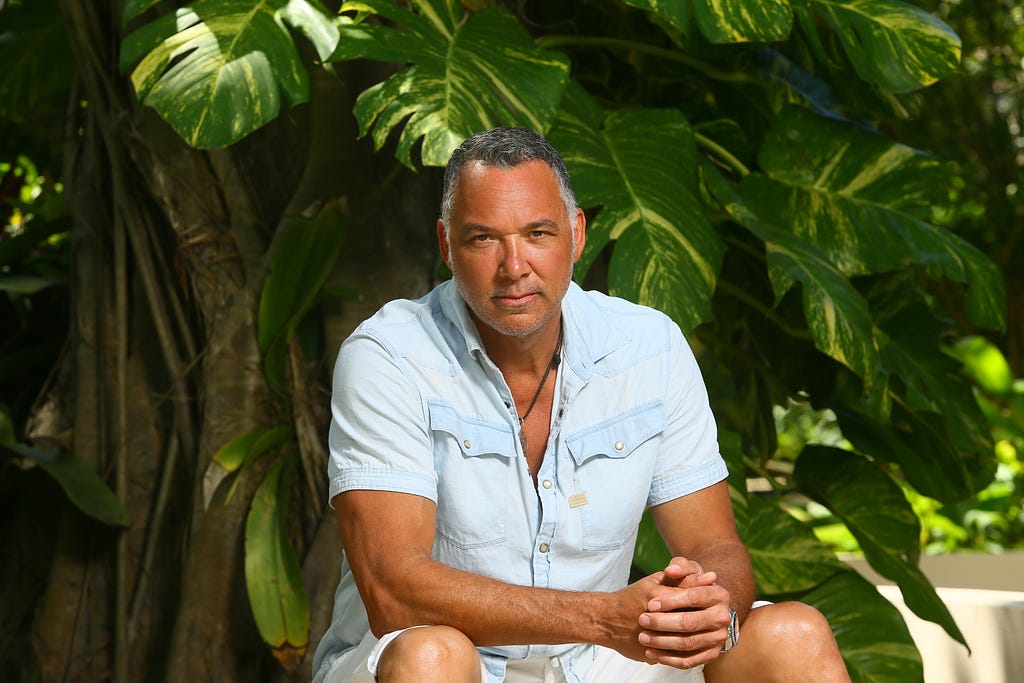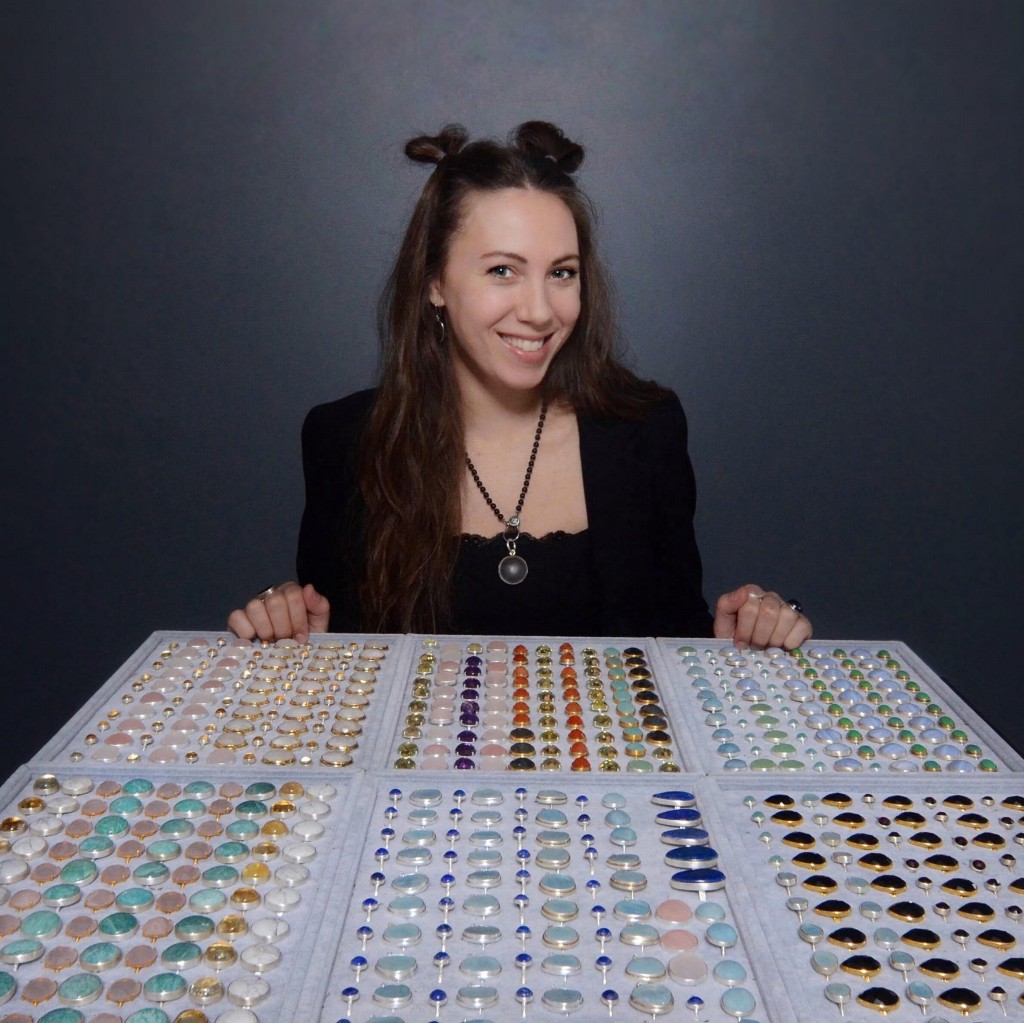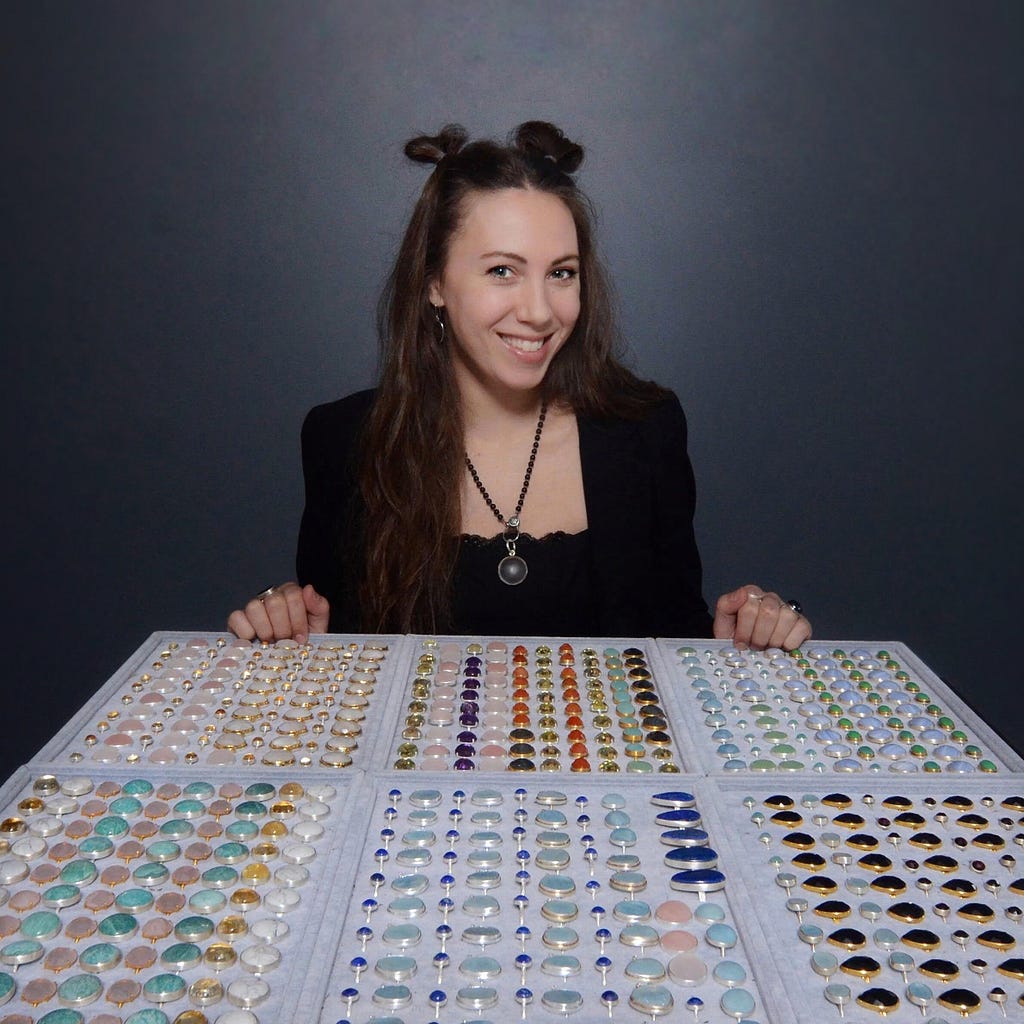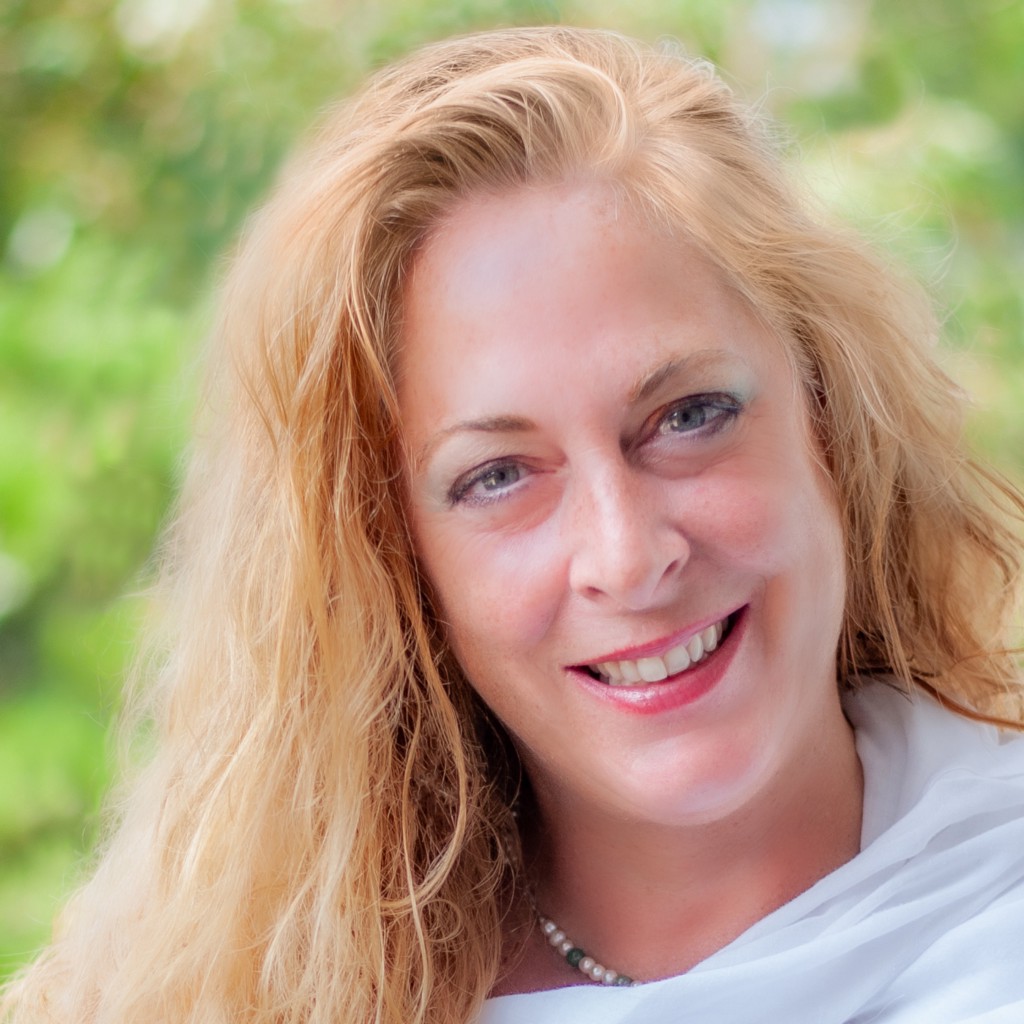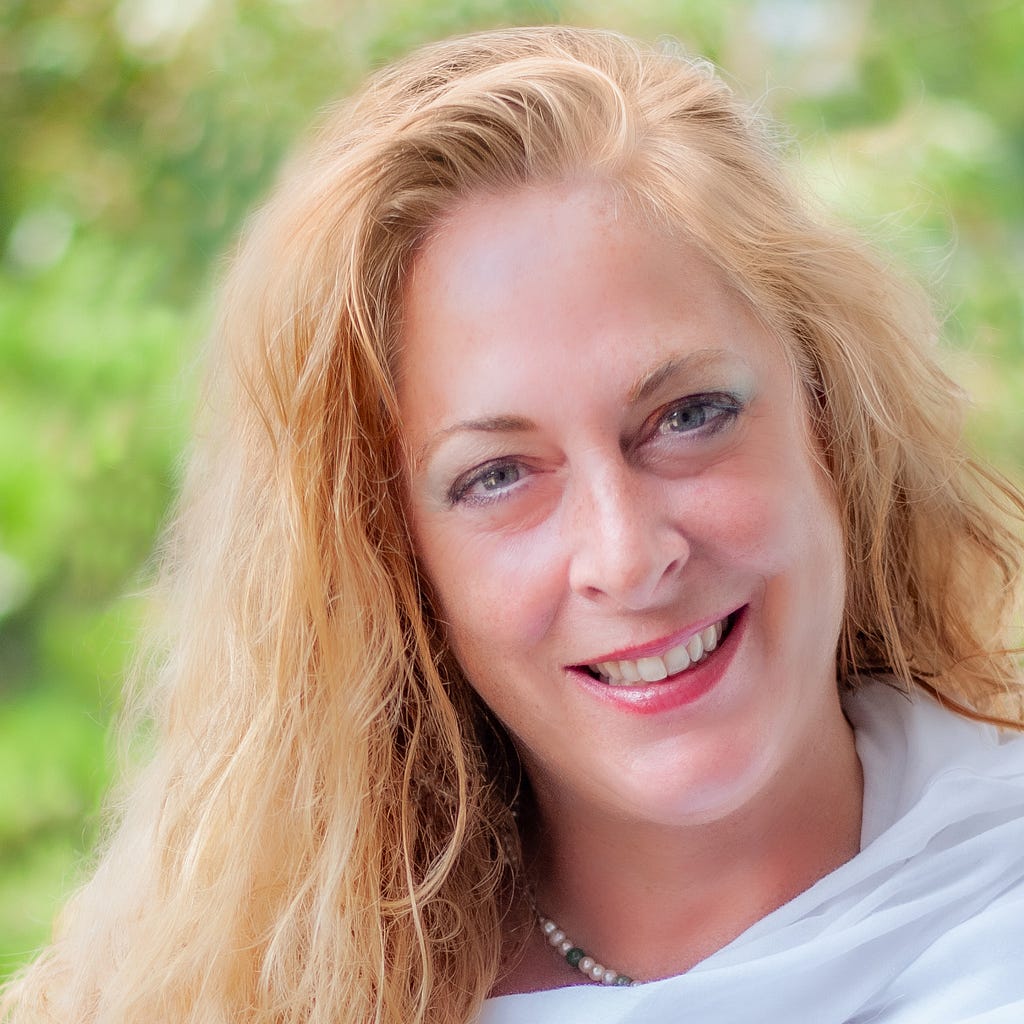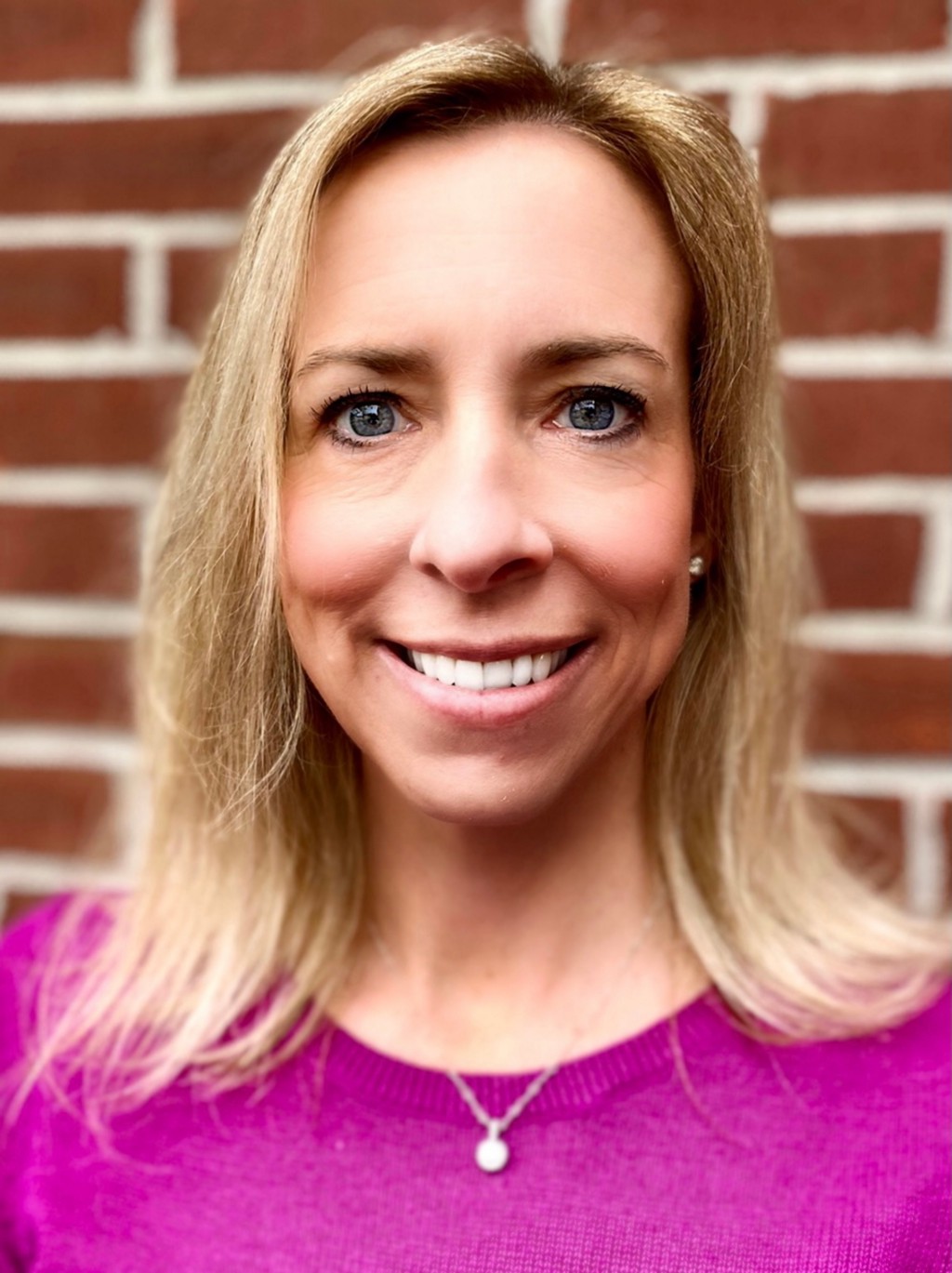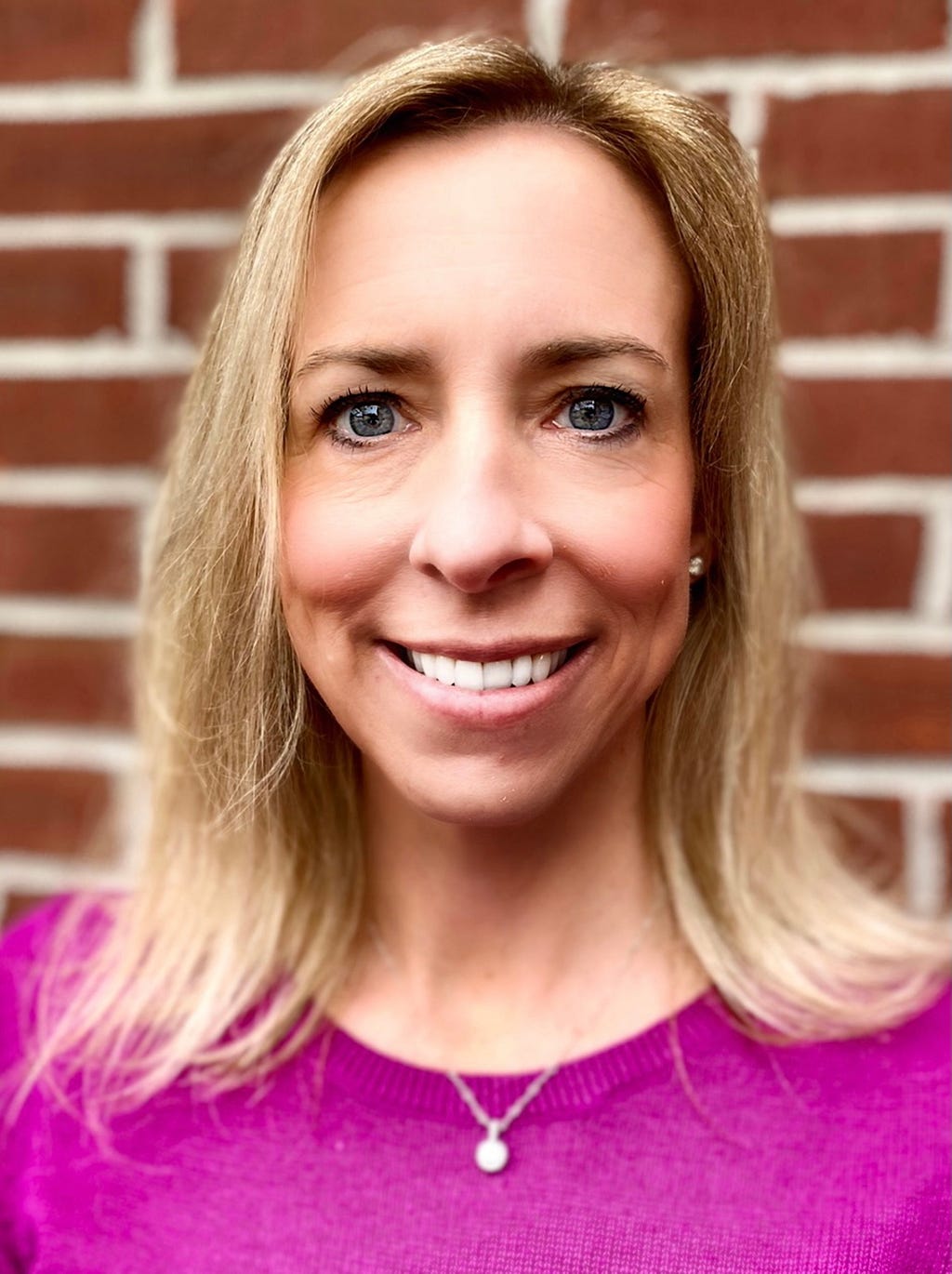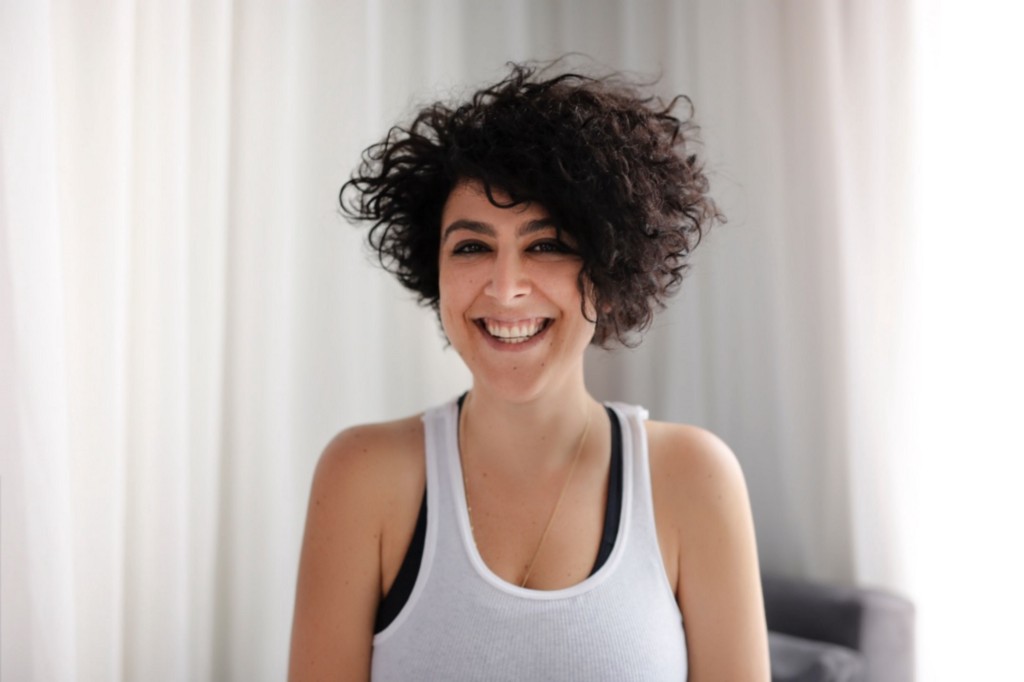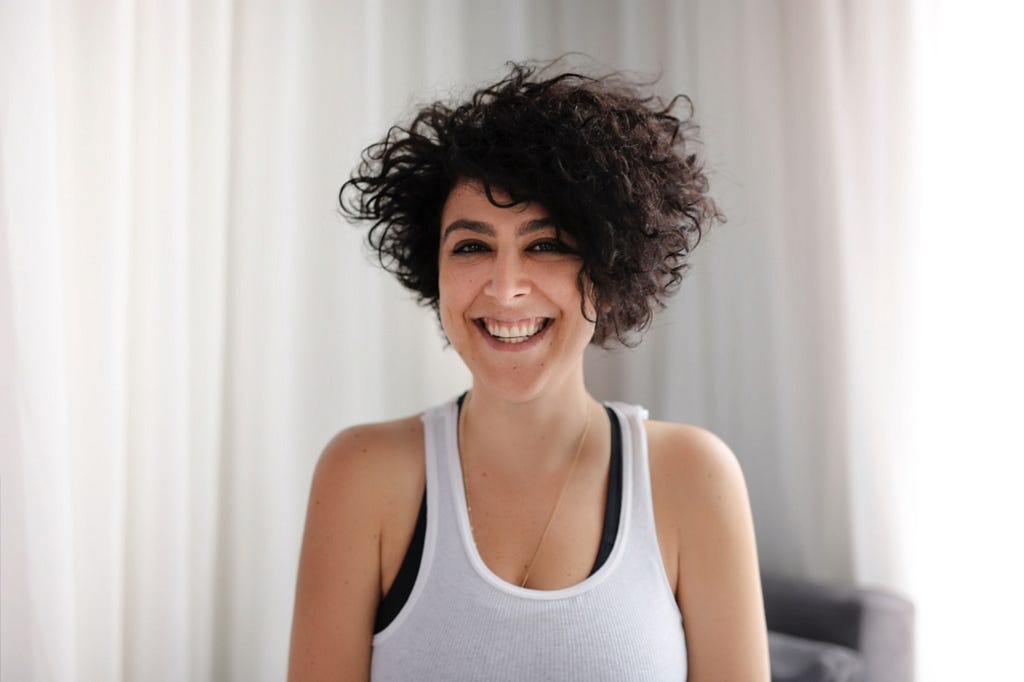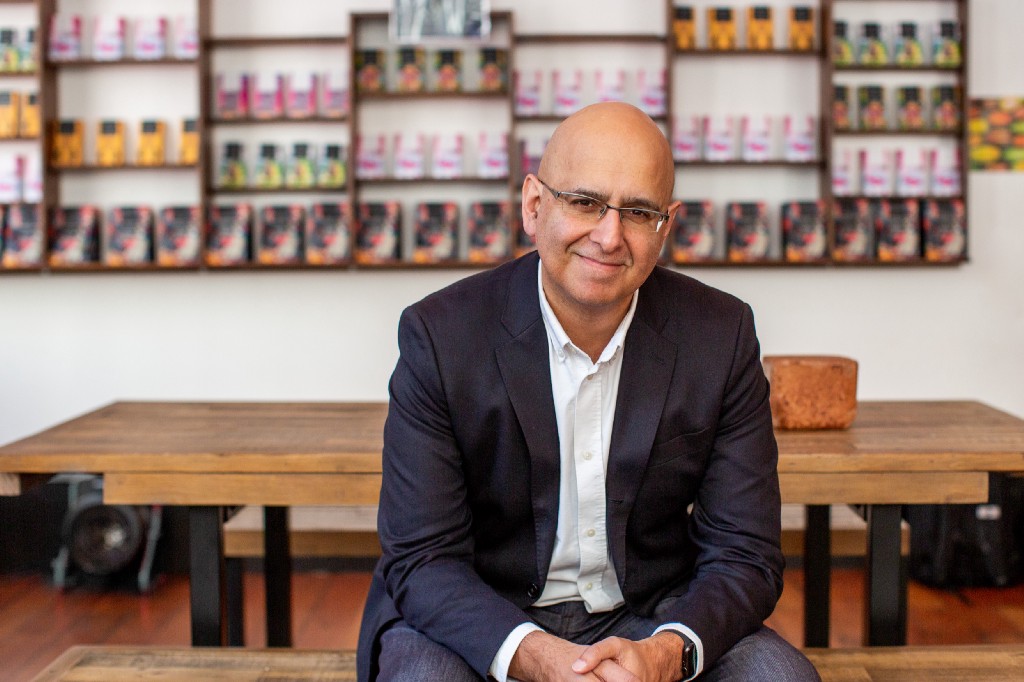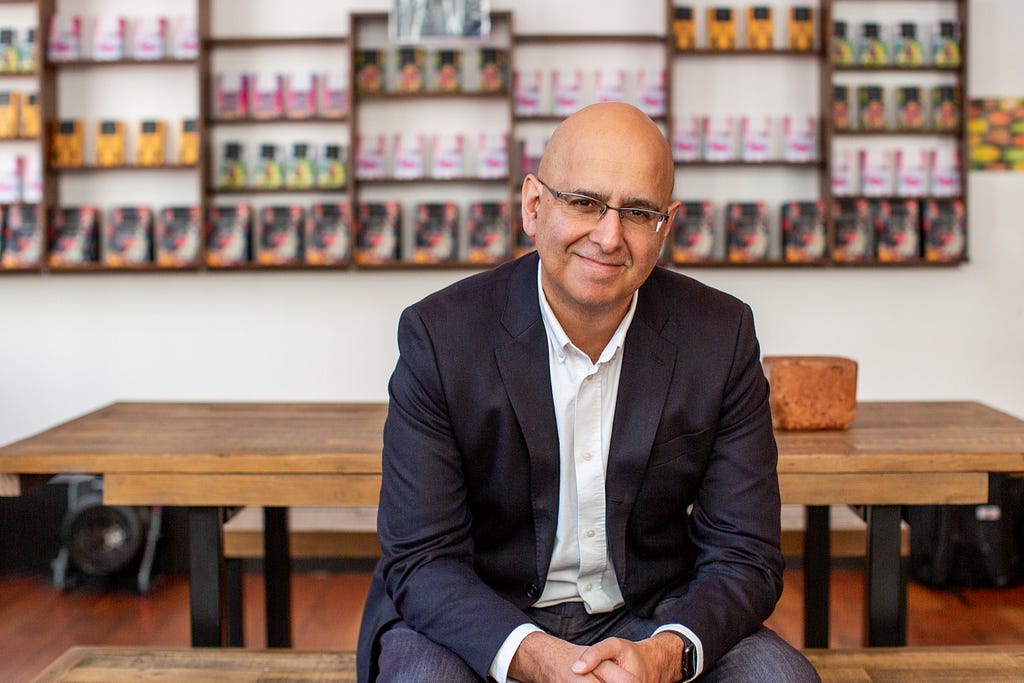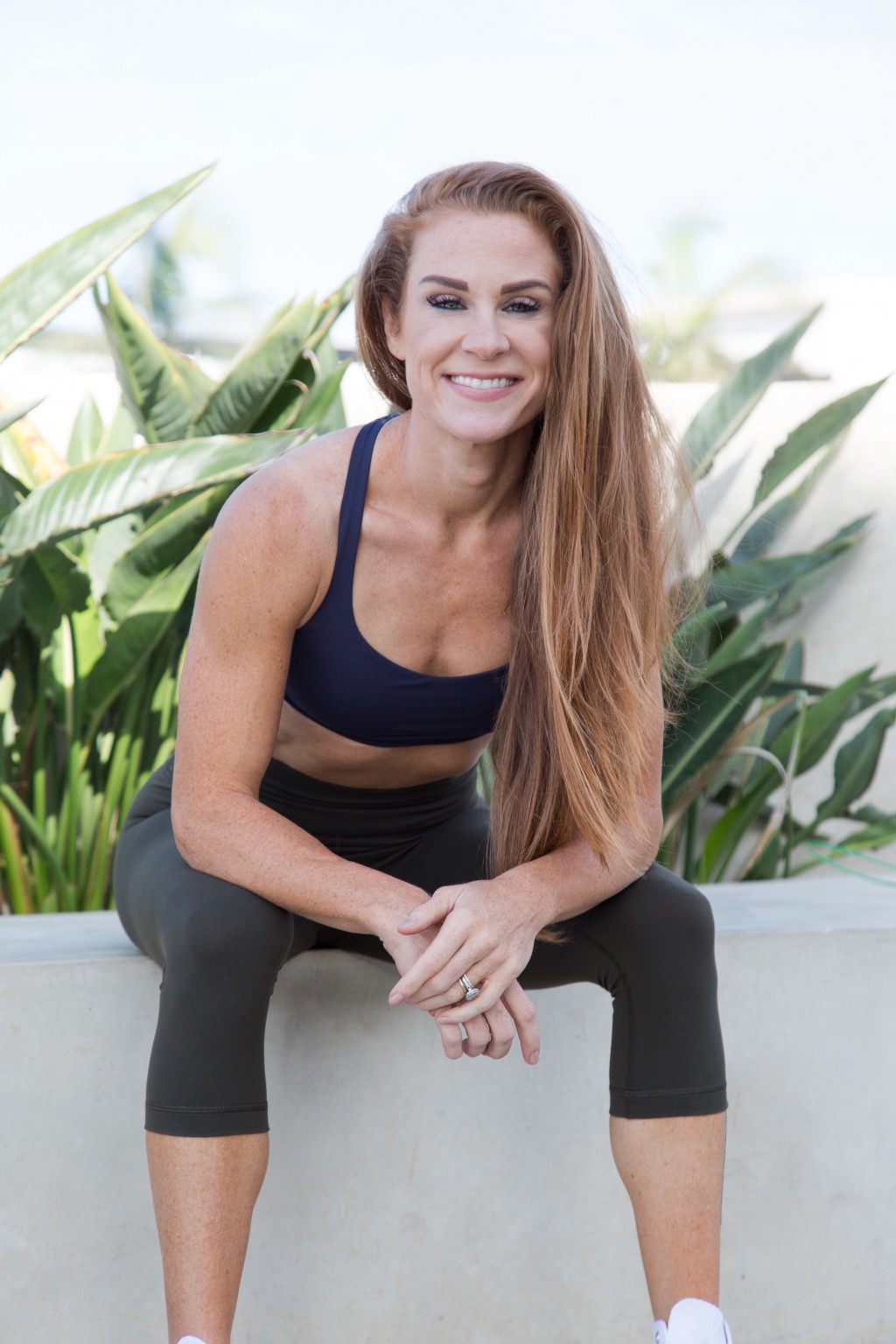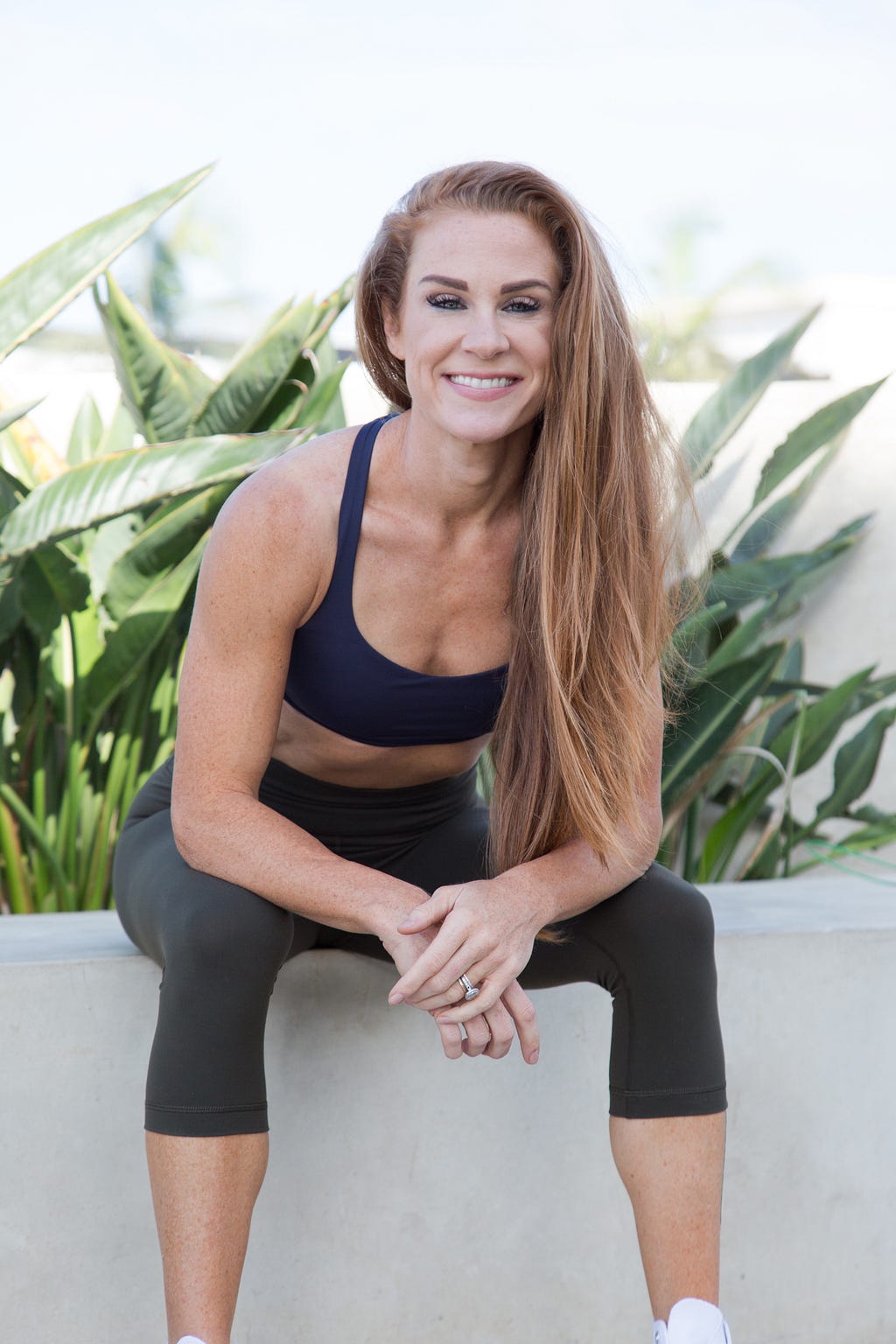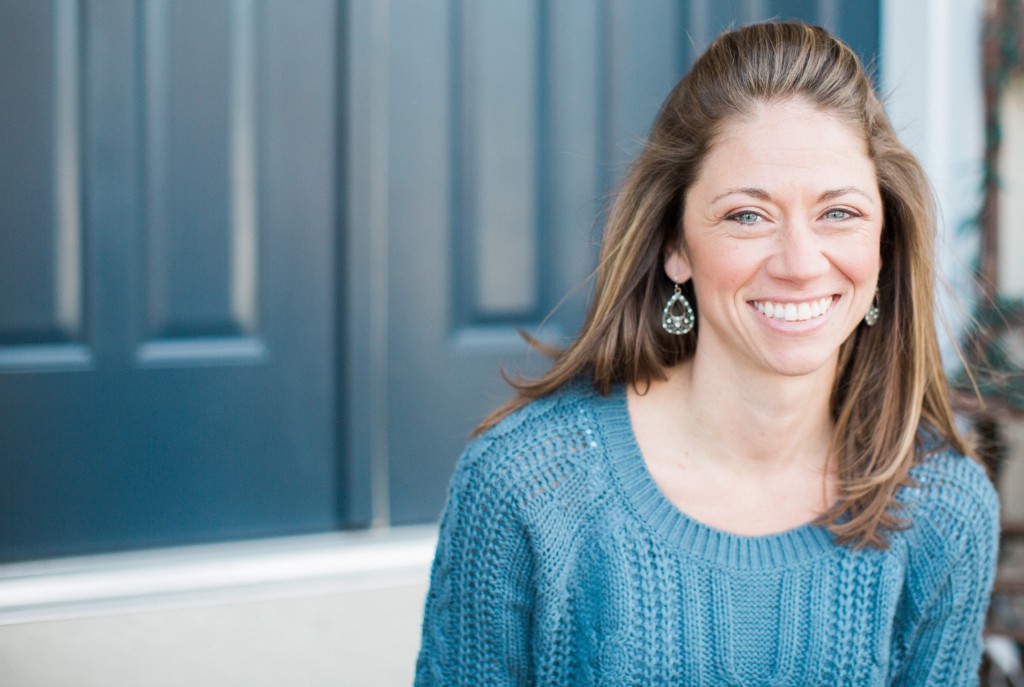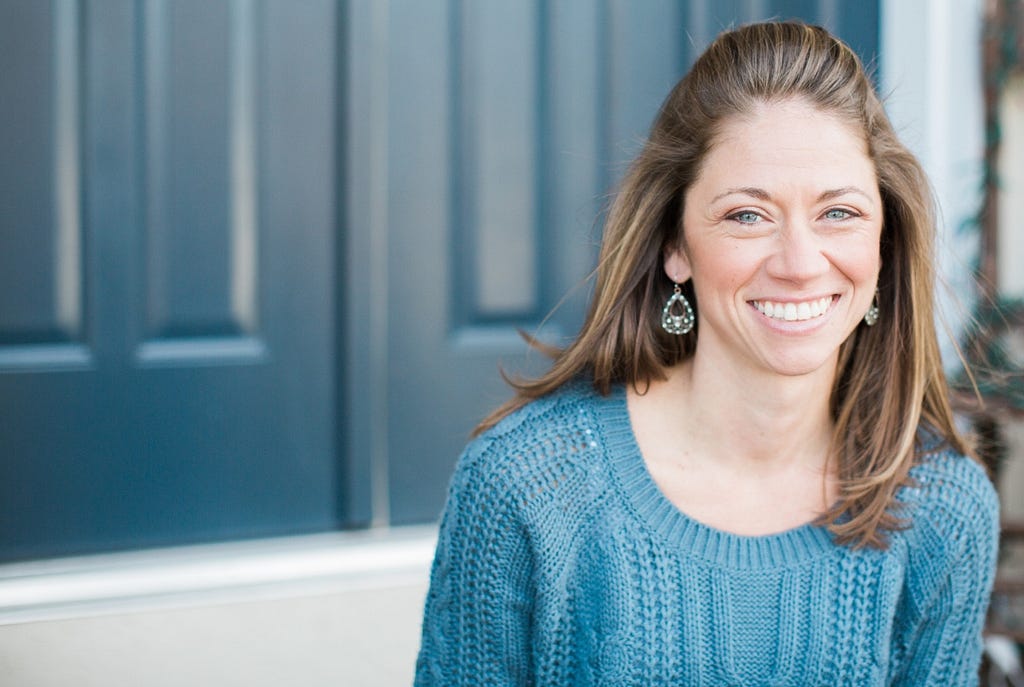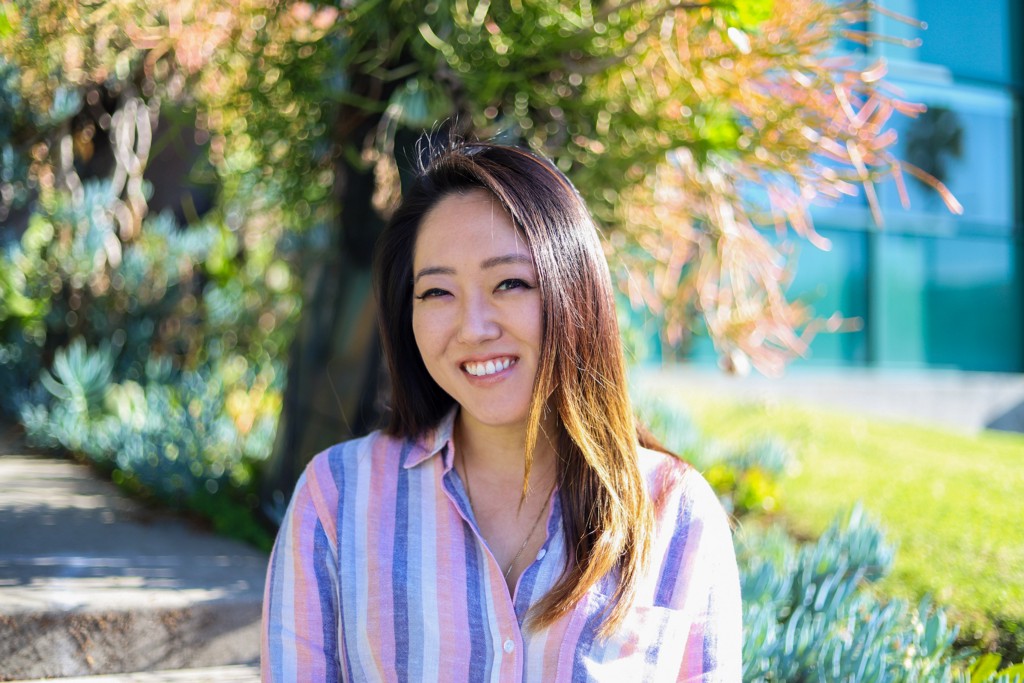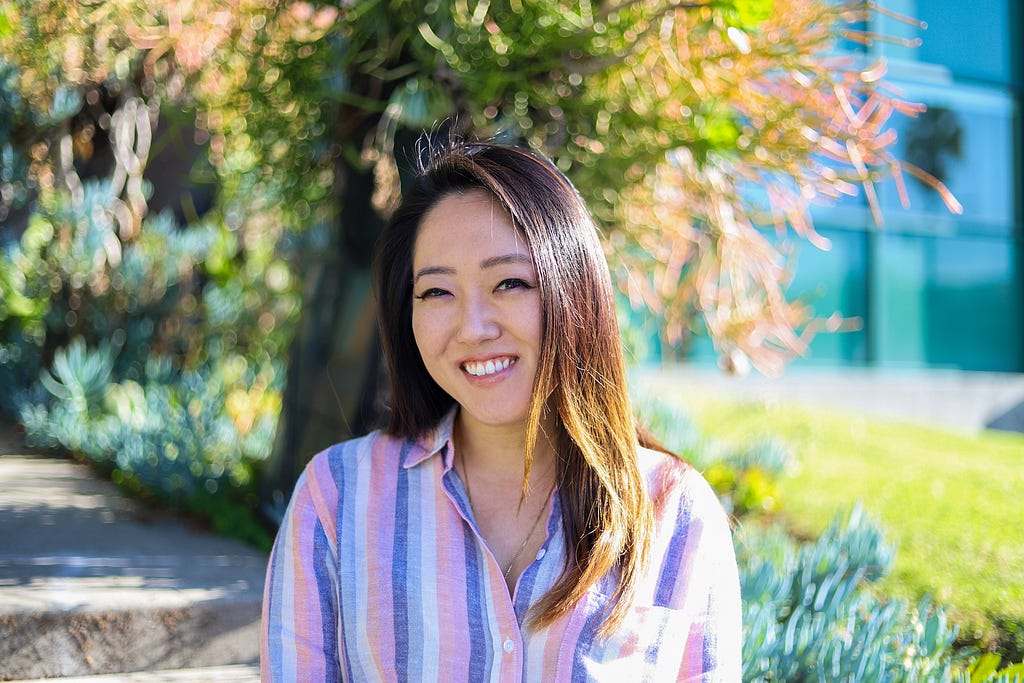
Personal growth work — We are always practicing personal growth. Our latest endeavor, which we did with our entire company, was The Happy, Healthy, Wealthy 9 Week Challenge created by our advisor Jim Bunch as part of his Ultimate Life Program.
As a part of our series about lessons from Thriving Power Couples, I had the pleasure of interviewing Farzan and Jennifer Dehmoubed.
As California proposed a bag ban in 2016, wife and husband team Jennifer and Farzan Dehmoubed stepped into action to create a meaningful business with impact. They’re on a mission to eliminate single-use plastics from shopping. With the average family using more 1,500 plastic bags per year, their company has already eliminated the need for more than 400 million plastic bags. Lotus Sustainables is a proud partner of 1% for the Planet. Thank you so much for doing this with us!
Thank you so much for doing this with us! Can you tell us a story about what brought you two to your respective career paths?
Jennifer: I grew up in Maryland and got my degree in Dietetics from University of Maryland while Farzan, who grew up in Toronto, received his Master’s Degree in Applied Finance from Macquarie University in Sydney. Before starting our bag company, I was a high school math teacher and Farzan ran a marketing company.
Just before getting married in 2015, we put our hearts together and asked ourselves “what is our vision for our marriage?” “what is the legacy we want to create?”.
At the time, we were working long hours in completely separate industries, coming home exhausted each night only to repeat the next day. Upon posing these empowering questions, it quickly dawned on us that our vision was to co-create something meaningful together. A business with impact.
Before you know it, California was proposing a bag ban in 2016 and we were on a mission to help clean up this planet and eliminate single-use plastics from shopping!
We weren’t expecting the Lotus Trolley Bag endeavor to become a full-time job or to become a national success. We started the company as a small, part-time side-hustle. We expected our first shipment in 2017 to sell out in five months; we ended up selling out in 8 days! Which resulted in a big Uh-oh! But for my husband and business partner, Farhan, that was the turning point. Knowing that there was such a demand for this product, we decided that it was time to go full force and there was no turning back.
We spent every waking hour of every day on this, and left our jobs completely behind. For me, it meant giving up health benefits and a salary and saying goodbye to my students for good at the end of the school year, which was hard. But we had faith and made the leap.
Can you share the most interesting story that happened to you since you two got married?
Jennifer: Farzan and I are both avid beach volleyball players, we met on the beach playing ball. He really liked my sets! We’ve been together for nine years, married for five. We are two individuals with a passion for love, life & the earth (and we still try to sneak in a volleyball game when we’re not working).
Farzan: The opportunity to be featured on Good Morning America’s Deals and Steals segment and having to fulfil over 15,000 packages from our HOUSE in less than 3 days. The orders literally filled our living room, kitchen and entryway floor to ceiling. Friends and family pitched in around the clock to make it happen, but it was definitely one of our most memorable experiences.
Can you share a story about the funniest mistake you made when you were first starting? Can you tell us what lesson you learned from that?
When we first started selling our Lotus Trolley Bags on Amazon, we surprisingly sold out of 5 months of inventory in just 8 days. The demand for this new patented concept was absolutely amazing and blew us away. This forced us to go back to our manufacturer and quickly reorder the same set of bags but with twice the volume. However, we were naive and thought the quality would be equal to our first order. Unfortunately, it wasn’t because they subcontracted the manufacturing to another factory that went rogue. Two-months later when our inventory arrived, we were devastated to see the shoddy workmanship. We invested everything we had, and it wasn’t even sellable! We learned a very important lesson that day. Always make sure you do 3rd party inspections at the factory before your product leaves the warehouse. At the time we were horrified. But looking back we can laugh at the misstep knowing that for only $200 in inspection fees we could have avoided thousands of dollars in losses. Now we know better.
What do you think makes your company stand out? Can you share a story?
Jennifer:: What began as heartache from the harsh realities of plastic pollution has turned into a purpose-driven brand. It’s our mission to spread love to Mother Earth and her inhabitants. We set out to eliminate plastic from shopping, and along the way, a give back program was born. Our brand now supports three categories close to our hearts: plastic pollution reduction, social justice advocacy, and climate change relief. We are a 1% For The Planet member and also applying to become a B-Corp. We want to use our business for good and help show people that going sustainable can be easy and good for you.
Are you working on any exciting new projects now? How do you think that will help people?
Farzan: The Lotus Produce Bags are our newest product. The average person uses over 500 reusable produce bags per year for an average of only 12 minutes. One set of our Lotus Produce Bags replaces all that waste. They are high-quality, BPA free, washable and multipurpose. We’ve been amazed at the response to this product. We are also launching the Lotus Cart Clip. This is a phone holder made from silicone and recycled plastics that attaches to the shopping cart handle to hold your phone & e-grocery list for a hands-free streamlined shopping experience. No more fumbling with your phone to check your grocery list. It seamlessly attaches to the cart and you have your whole list right in front of you. With our Lotus Trolley Bag, our Lotus Produce Bag and the new Lotus Cart Clip, our customers can check in and out of the store in record time. Faster, easier and more organized.
What advice would you give to other CEOs or founders to help their employees to thrive?
Farzan: Make sure you speak about purpose before profits. Empower your employees and share your overall vision and mission as often as possible.
How do you define “Leadership”?
Leadership is the capacity to translate vision into reality. I think the key to leadership is having a very defined vision and mission behind what you do. Your team needs to have a common goal and it’s up to leadership to guide and empower the team in the right direction.
None of us are able to achieve success without some help along the way. Is there a particular person who you are grateful towards who helped get you to where you are? Can you share a story about that?
Farzan: I’m grateful for all our advisors. Mission driven leaders from companies like HydroFlask, Seventh Generation and Burt’s Bees. You don’t always need to reinvent the wheel. Working with people that have been there done that can be such a benefit to any leader. I highly recommend starting a Board of Advisors even if it means giving up equity. If you pick the right advisors, it will pay off.
How have you used your success to bring goodness to the world?
Our biggest accomplishment is to have helped eliminate over 415 Million plastic bags from entering our environment with the sale of our Lotus Trolley Bags and our Lotus Produce Bags. The average family uses 1,500 plastic bags a year and that’s a statistic we work hard every day to change.
What are the “5 Things You Need To Thrive As A Couple”? Please share a story or example for each.
- Gratitude — we keep a gratitude journal together and feel so thankful everyday for all that we have and are able to create with.
- Quality Time — Regular Romance & Laughter are key! Schedule in Quality Time.
- Celebrating the wins, both big and small
- Personal growth work — We are always practicing personal growth. Our latest endeavor, which we did with our entire company, was The Happy, Healthy, Wealthy 9 Week Challenge created by our advisor Jim Bunch as part of his Ultimate Life Program.
- Being in Service (to others, to the earth, to animals, to art, etc.). I enjoy tutoring and mentoring high school students, fostering senior dogs, and creating sacred space for women to connect and heal. Farzan is a wonderful mentor to other entrepreneurs and loves to volunteer at the men’s homeless shelter.
You are people of great influence. If you could inspire a movement that would bring the most amount of good to the most amount of people, what would that be? You never know what your idea can trigger. 🙂
Ending racism, honoring the earth in every aspect, spreading love.
Can you please give us your favorite “Life Lesson Quote”? Can you share how that was relevant to you in your life?
Farzan: My favorite quote is ‘If it was easy, everyone would do it.’ In entrepreneurship and business I find that to be very true. With Lotus Sustainables we’ve worked tirelessly almost every day to get to where we are today. It takes dedication, drive and determination. That’s why I always recommend entrepreneurs to do what they love. It’s going to take over their lives and they may as well love what they do.
We are very blessed that some of the biggest names in Business, VC funding, Sports, and Entertainment read this column. Is there a person in the world, or in the US with whom you would love to have a private breakfast or lunch with, and why? He or she might just see this if we tag them 🙂
Farzan: I would love to have lunch with Manoj Bhargava. A successful entrepreneur who was the CEO of Five Hour Power that went on to use his wealth to create inventions that benefit the poorest populations in the world. He is someone I admire and respect greatly as a philanthropist. I highly recommend everyone watch his documentary called Billions in Change, the film is truly inspiring!
How can our readers follow your work online?
Follow us @lotustrolleybag (Instagram, Facebook, Twitter, TikTok) or email me at [email protected] . Visit www.Lotus-sustainables.com for more information.
Lessons from a Thriving Power Couple, With Farzan and Jennifer Dehmoubed of Lotus Sustainables was originally published in Authority Magazine on Medium, where people are continuing the conversation by highlighting and responding to this story.



